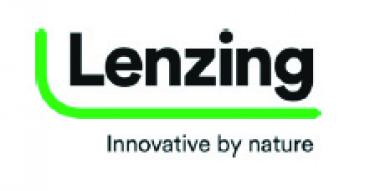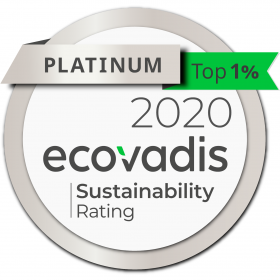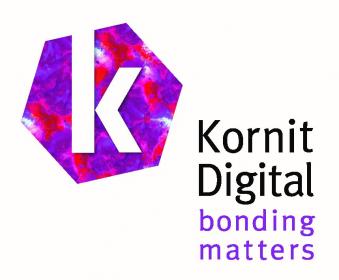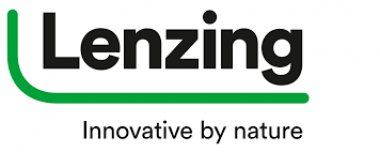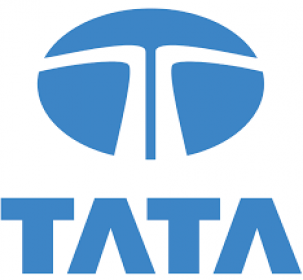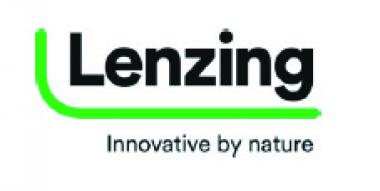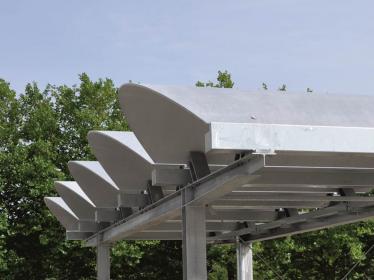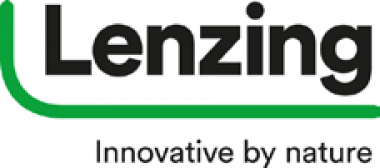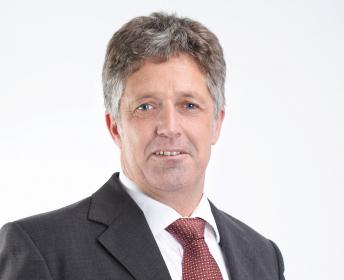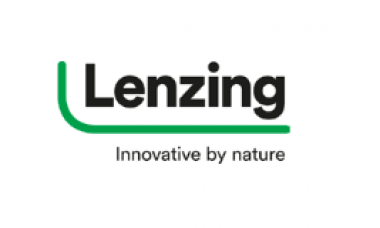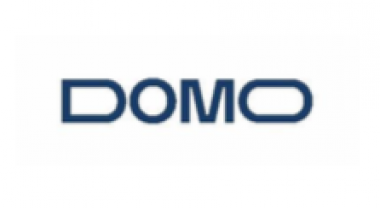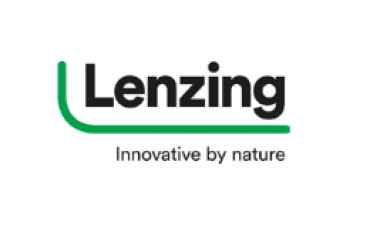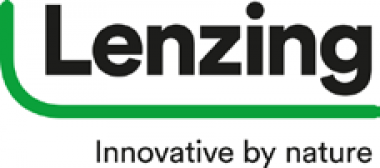Rieter Investor Update 2020
- Significant recovery in order intake in third quarter 2020
- Order intake of CHF 425.1 million after nine months
- COVID crisis management in place
- Continuous implementation of the strategy
- Outlook 2020
The market recovery, which Rieter reported in June 2020, has continued. This is reflected in capacity utilization at spinning mills worldwide, which Rieter monitors. In April 2020, the proportion of producing spinning mills was around 40% while at the end of September 2020 this was around 90%. Against this backdrop, the Rieter Group increased order intake in the third quarter of 2020 to CHF 174.4 million (2nd quarter 2020: CHF 45.7 million). In the first nine months of 2020, the Rieter Group achieved a cumulative order intake of CHF 425.1 million (2019: CHF 524.5 million). Compared to the previous year period, this represents a decline of 19%.
Order Intake by Business Group
Due to the positive development in the third quarter of 2020, order intake at the Business Group Machines & Systems reached a total of CHF 234.5 million in the first nine months. The reason for the relatively small decline of 8% compared to the previous year is that the new machinery business was already characterized by investment restraint in the first three quarters of the year 2019. The Business Group Components recorded a reduction of 33% to CHF 116.6 million while the Business Group After Sales posted an order intake of CHF 74.0 million, a decrease of 23%. This illustrates the effects of low capacity utilization at the spinning mills, especially in the second quarter of 2020 as a result of the COVID-19 pandemic. The order backlog as of September 30, 2020, was around CHF 515 million (September 30, 2019: CHF 285 million). Cancellations were in the normal range of around 5%.
COVID Crisis Management in Place
Rieter has quickly implemented comprehensive COVID crisis management. Priority is being given to protecting employees, fulfilling customer commitments and ensuring liquidity. The necessary measures to protect employees have been implemented worldwide and the order backlog is being processed largely as planned. Rieter has introduced 40% short-time working in Switzerland and Germany for the second half of 2020. Similar measures were implemented worldwide within the scope of the available legal options. As of September 30, 2020, Rieter had liquid funds of CHF 216.7 million and unused credit lines in the mid three-digit million range in order to ensure liquidity. At the end of September 2020, net debt of CHF 1.2 million was disclosed.
Continuous Implementation of the Strategy
In recent years, Rieter has consistently implemented the strategy with the focus on innovation leadership, strengthening the business on the installed base and optimization of the costs. The company intends to forge ahead with the strategy in the coming months in order to strengthen the market position for the time after the COVID-19 pandemic. The Rieter CAMPUS is an important element of Rieter’s innovation strategy. Depending on the business situation, construction work is due to begin in the first half of 2021.
Outlook 2020
As already announced, in terms of sales and profitability Rieter expects a stronger second half of the year compared to the first half of 2020. Nevertheless, due to the deferral of deliveries by customers, Rieter will also conclude the second half of the year − and thus the full year 2020 − with a net loss. Due to the existing uncertainties, it continues to be difficult to forecast sales and profitability for the second half of 2020. For this reason, Rieter refrains from providing more specific information for the full year 2020.
Rieter Management AG







